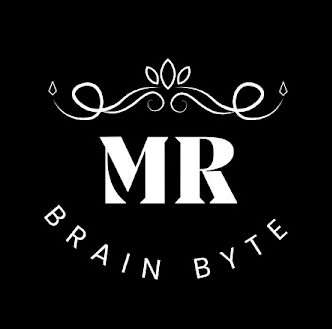With the growth of digital health solutions, health coaches find it challenging to expand their impact while personalizing their approaches for diverse clients. Traditional coaching methods often struggle with efficiently managing large amounts of data and providing real-time support, leading to service gaps. Clients might become frustrated when their progress is slow or the advice they receive is too generic. Let’s discuss artificial intelligence (AI) impact on health coaching.
This is where AI comes into play, addressing the need for personalized, data-driven coaching. A 2022 study published in The Journal of Medical Internet Research revealed that more than 65% of clients who utilized AI-based health coaching tools reported a higher level of satisfaction compared to those working with traditional coaching methods. AI allows for a more customized approach by analyzing individual metrics such as heart rate, dietary habits, and lifestyle choices, which would take a human coach significantly longer to evaluate accurately.
Furthermore, a study by McKinsey indicates that incorporating AI in health coaching can boost client engagement by as much as 45% due to its ability to make real-time adjustments based on immediate feedback. This responsiveness helps clients stay on track and feel more involved, especially since AI-driven suggestions can adapt continuously to new information. Whether it’s about improving sleep, lowering stress, or fine-tuning a workout routine, AI empowers health coaches to enhance the relevance and timeliness of their advice, paving the way for more successful health journeys.
Are AI-driven health coaching platforms safe and reliable?
- Health coaching platforms powered by AI utilize secure data protocols to keep user privacy intact.
- Machine learning algorithms are always improving themselves to achieve greater accuracy.
- The platform keeps user data anonymous to ensure privacy.
- These platforms typically include expert oversight to boost reliability.
- Continuous testing helps reduce errors and improves the overall safety of the platform.
The true strength of AI lies in its capability to quickly analyze vast amounts of data. Making it an invaluable ally for health coaches. For instance, tools like Noom and MyFitnessPal utilize machine learning to track dietary habits and physical activity. By offering users adaptive feedback that boosts motivation and fosters sustainable habits. Additionally, by spotting early signs of burnout or declining motivation. AI tools enable coaches to take proactive measures, ensuring clients are supported with strategies tailored to their unique needs.

Will AI replace human health coaches in the future?
- AI can assist but can’t completely take the place of human health coaches.
- The ability to show empathy and provide nuanced guidance is still crucial.
- AI boosts efficiency by managing data and handling everyday tasks.
- Concerns about ethics and privacy emphasize the importance of having humans involved.
- In the future, coaching will probably combine AI insights with a personal touch from humans.
As AI technology continues to evolve. Artificial intelligence (AI) impact on health coaching is poised to become more effective and accessible. By providing a higher level of personalization on a broader scale. For coaches, this means they can devote more time to building relationships and offering strategic guidance. While AI manages the data-heavy tasks.



